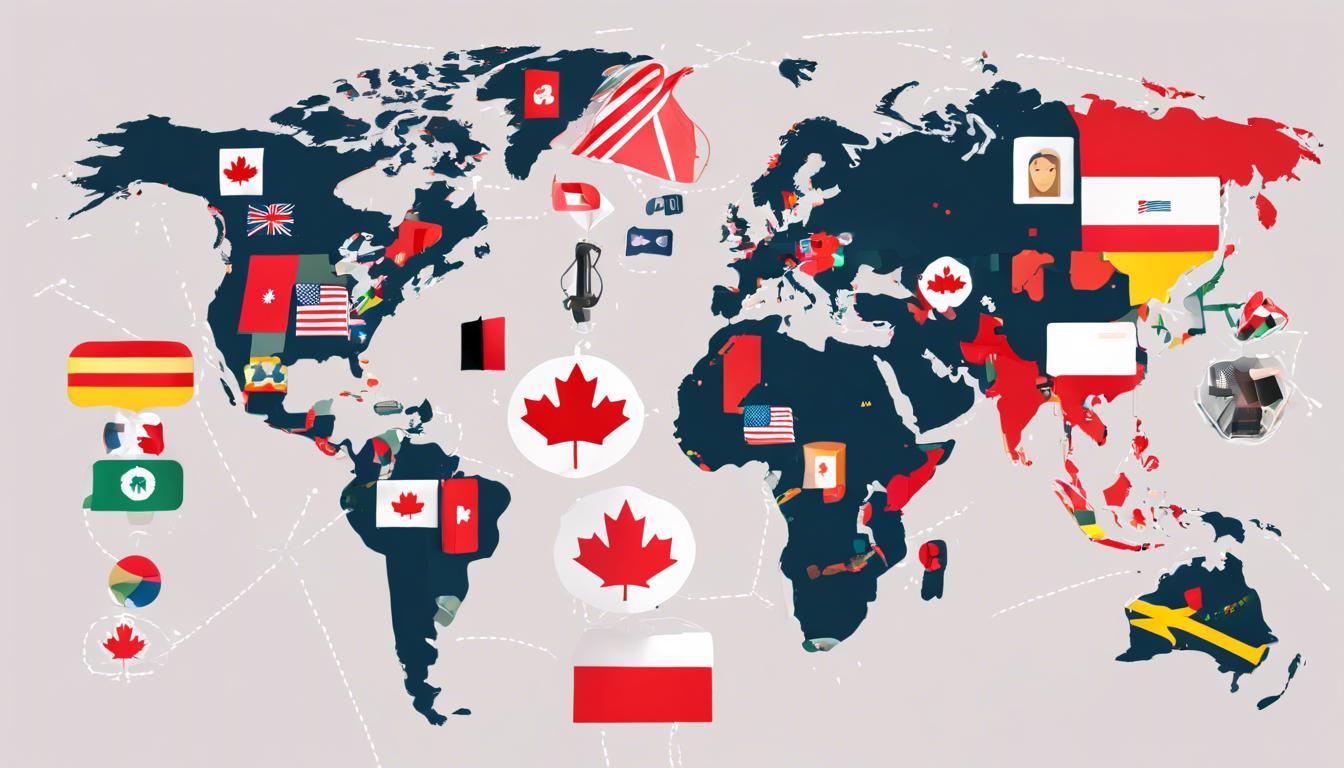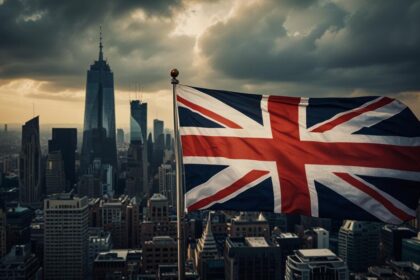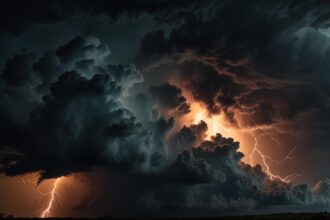Canada has initiated a national security review of Chinese-owned TikTok, reflecting worldwide apprehensions over its operations and influence, amidst legislative debates in the US and discussions on data privacy and disinformation risks.
Canada has commenced a national security review of the Chinese-owned social media platform TikTok, signaling concerns about its expansion within the country. This investigation, disclosed by Industry Minister François-Philippe Champagne in September 2023, is conducted under the Investment Canada Act. Champagne stated that Canadians would be informed of any decisions following the review’s completion. This step mirrors growing global scrutiny over TikTok, highlighted by an ongoing debate in the United States where a bill potentially forcing TikTok’s Chinese owners to sell the platform or face a ban has passed the House of Representatives. The US concerns chiefly arise from the fear of Chinese national security laws that may compel TikTok to participate in intelligence activities. In alignment, Ottawa had earlier limited TikTok’s use on federal government mobile devices, emphasizing the risk disinformation or manipulation poses to national security.
In contrast, some public figures and users argue that the US government’s stance against TikTok might be influenced not only by national security concerns but also by its platform serving as a hub for progressive activism, providing space for alternative views. Model and activist Emily Ratajkowski specifically pointed out TikTok’s role in amplifying voices on issues like abortion, trans rights, and anti-racism efforts. Furthermore, debates around the app’s ownership structure and its content biases have surfaced, underscoring the complexity of the discussion surrounding TikTok’s operations and influence.
On the legislative front in the US, a contentious bill aiming at TikTok’s ownership has passed in the House of Representatives, leading to diverse reactions across the political spectrum. Senator Rand Paul has notably clashed with media over the portrayal of TikTok’s ownership and the bill’s implications, highlighting the bipartisan yet fragmented response to the proposed legislation. President Joe Biden has indicated readiness to sign the bill, though its future remains uncertain as it faces varied opinions in the Senate, alongside concerns of potential retaliation from China.
Meanwhile, in Australia, Liberal MP James Paterson urged consideration of similar measures against TikTok, labeling it a threat to national security and advocating for reduced Chinese Communist Party control over the app. While Paterson did not call for an outright ban, he emphasized the need for vigilance concerning data practices and disinformation. Australian Prime Minister Anthony Albanese, however, has shown caution, indicating no immediate actions parallel to the US stance.
These developments underscore a complex, global discourse on TikTok, balancing between security concerns, political implications, and the platform’s role in facilitating diverse narratives and activism.













